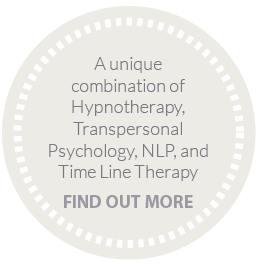Hypnosis, or what should really be ‘self-hypnosis’, as nobody can put you into a trance but you, can be better described as an altered state of awareness, and has a long history of empowering people towards being the best they can be.
Human beings learn unconsciously, so when we learn a pattern of behaviour that enables us, such as learning how to drive, or something that disempowers us, such as an irrational fear of flying, we do so unconsciously. We can use the power of hypnosis to control anything controlled by the unconscious mind, such as pain, blood pressure, fear, confidence levels, mood, sex drive…the list is pretty exhaustive! I personally used self-hypnosis to change how I responded to the pain and anxiety I experienced while recovering from mountaineering injuries, so I know first-hand the benefits of utilising our innate capacity to learn, relearn and heal through the power of the unconscious mind.
So what is the difference between ‘ordinary’ hypnosis and clinical hypnotherapy? The clue is in the ‘therapy’. Hypnotherapy can help you to escape from problem patterns of behaviour, empowering you to achieve a greater degree of awareness, flexibility and choice in your life.
This focused, altered state of awareness that self-hypnosis creates puts your brain into a state of learning that we do unconsciously throughout our lives. This altered state can assist in discovering the ability to choose new ways of doing, being and thinking, without being controlled by experiences in the past.



